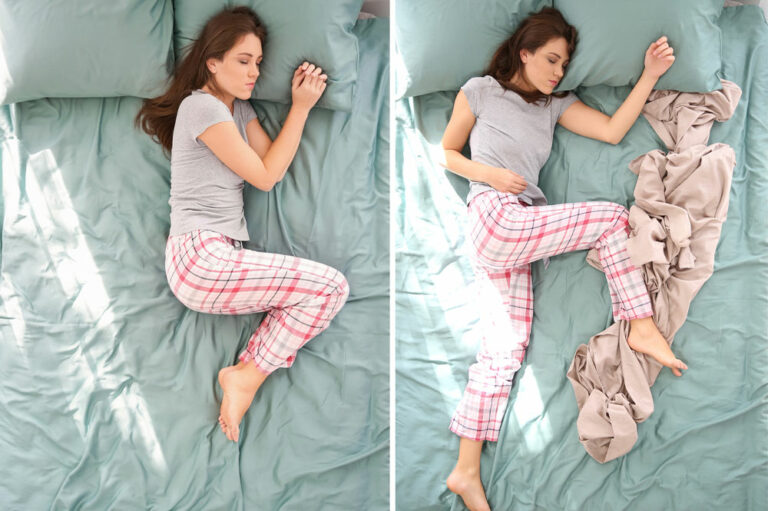
Effects of Sleeping Positions on Sleep
Sleep is an essential part of daily routine. As you rest and relax during the night, the body carries out repair and restoration processes to help you stay healthy. The position and level of comfort while asleep can affect this process. Certain sleeping positions may cause or worsen pain, exert stress on the spine, or increase stiffness in the back. Here is a look at how sleeping positions can affect sleep: Finding the best sleeping position When it comes to sleep, there is no one-size-fits-all solution. Your ideal sleeping position depends on factors such as your health, lifestyle, spinal alignment, and comfort. However, sleeping on the back or side is generally considered more beneficial than sleeping on your stomach. This is because your spine is better supported and balanced in the former, making room for pressure relief and muscle relaxation. Sleeping on your side A whopping 60% of adults sleep on their sides. For children, it is common to alternate between different sleeping positions, but as the flexibility of the spine decreases, there is a clear preference for side sleeping. Sleeping on the side is associated with several health benefits, like promoting healthy spinal alignment, reducing pain in the neck and the back, and decreasing the risk of heartburn and snoring.
Read More 



